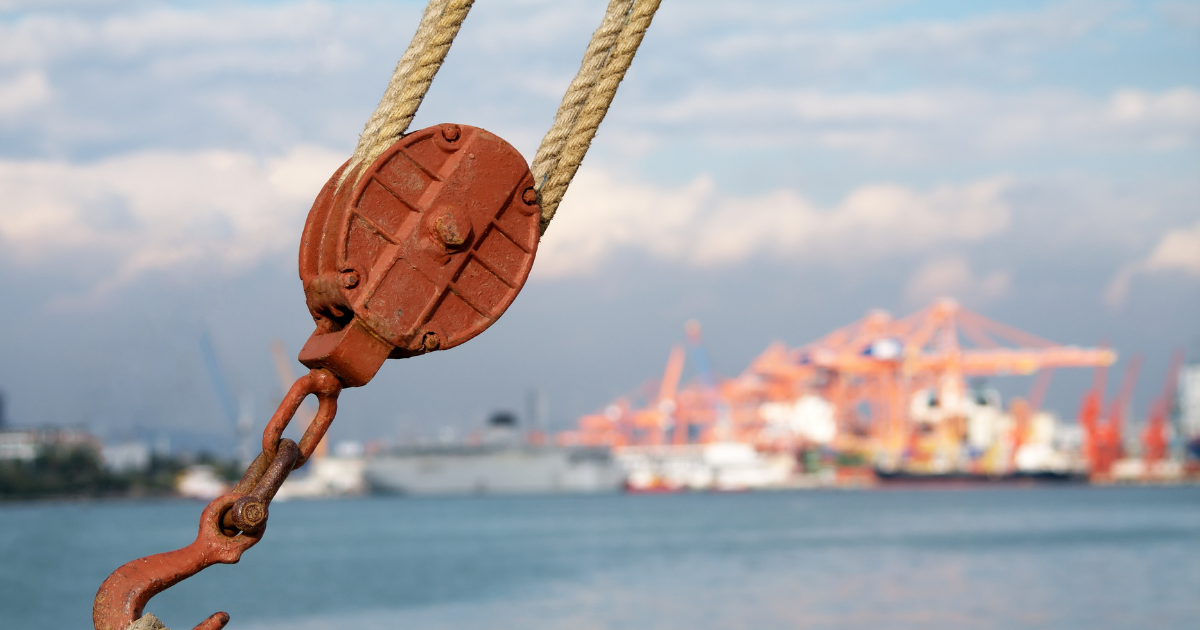What are Important Maritime Tips to Follow in Fall?

Boating requires a level of preparedness beyond most other forms of transportation. Safety and navigation equipment are always important as well as situational awareness and skill. While most boaters start winterizing their boats and storing them for the next season, others delay the inevitable to enjoy a few last outings during fall. The seasonal changes that occur can be magical, bringing glorious calm and quiet waters. Yet, fall seasonal changes also pose challenges that boaters need to be prepared to face. Listed below are important maritime safety tips to follow in fall.
Quietude
It is always important to have on board all necessary equipment for navigation and for safety, and you should check to see that it is available and operational. Every outing should include a safety check.
One of the great things about fall boating is the solitude. The flip side of this advantage is that if you get into trouble on the water, the nearest boater who can help may be quite a distance away. Relying on a basic horn may not meet the need when other boaters and water patrol boats are scarce. Be sure to have a radio, and confirm before setting out that it is working. It is always a good idea to be sure your cellphone is charged and has service before setting out.
Prepare for Crisp Air
The fall weather may bring calm water, but it also brings brisk weather. The temperature at shoreline is most likely much warmer than on the water. Be sure to bring enough clothing in layers to stay comfortable.
During fall, it is not uncommon for fast-moving storms to bring on sudden drops in temperature and precipitation. Have enough rain gear on hand and at the ready for this possibility.
Tides and currents change with the seasons, and boaters need to be aware of the changes to navigate properly. You can use your radio to access National Oceanic and Atmospheric Administration broadcasts of current weather conditions, including wind speed and direction, continuously.
It is a good idea to listen to local radio or television marine weather broadcasts the night before you plan to go boating. Check the most current forecast just before setting out in case conditions have changed overnight.
Have Proper Lifejackets
The water temperature in fall gets colder as the season advances. Risks of falling overboard are always present in boating. However, the risk of hypothermia makes going overboard even more treacherous. Everyone on board is required to have a lifejacket, which is also known as a personal floatation device (PDF). Be sure it fits properly over layered clothing. There are a variety of lifejackets for every size and purpose. If you plan to boat during the fall, consider having insulated PDFs on hand. These are also referred to as deck suit PDFs. These can fend off hypothermia for a period of time.
Hypothermia is a rapid loss of body heat, and it can greatly increase the risk of drowning. As the body loses temperature, it puts a strain on the heart and other vital organs. Hypothermia causes confusion and a lower heart rate, and it can interfere with your ability to plan and to cooperate with rescue efforts. After a half hour, symptoms can get dramatically worse, including muscle rigidity and loss of consciousness. Experiencing hypothermia for more than an hour can be fatal.
Know How to Operate in the Dark
Days grow progressively shorter in the fall. Dusk and darkness make line-of-sight difficult at dusk. Further, many areas remove visual navigational cues, such as buoys and other markers, at the end of summer. Boaters remaining active during the fall should not expect to be able to rely on visual cues for navigation.
Plan to return before dark unless you are quite familiar with the area and comfortable relying on instrumentation to navigate. You should try to return before dark. Determine your expected time of travel and add in a buffer of an hour or so to account for unanticipated delays.
With nighttime boating, navigational lights are vital. Before setting out, be sure they are working. The lights should include:
- Red: On port side of the bow.
- Green: On starboard side of the bow.
- White: For general navigation. Larger boats also require a masthead and stern light.
Also, be sure to have emergency flares on board that are current. Have waterproof flashlights on hand with extra batteries for unloading passengers and gear.
If you want to be able to start next season with less hassle, remember to take the time to properly winterize your boat.
Atlantic City Maritime Injury Lawyers at Freedman & Lorry, P.C. Help Injured Boaters File Claims
Our experienced Atlantic City maritime injury lawyers at Freedman & Lorry, P.C. know the ins and outs of maritime law, and we can help you if you were injured in a maritime accident in the fall. If you have been involved in an accident at sea, then your options for recovery will depend on where the accident took place and who was involved. Contact us online or call us at 215-925-8400 to schedule a free consultation today. Located in Philadelphia, and Cherry Hill, New Jersey, we serve clients throughout South Jersey, including Cape May and Wildwood.
